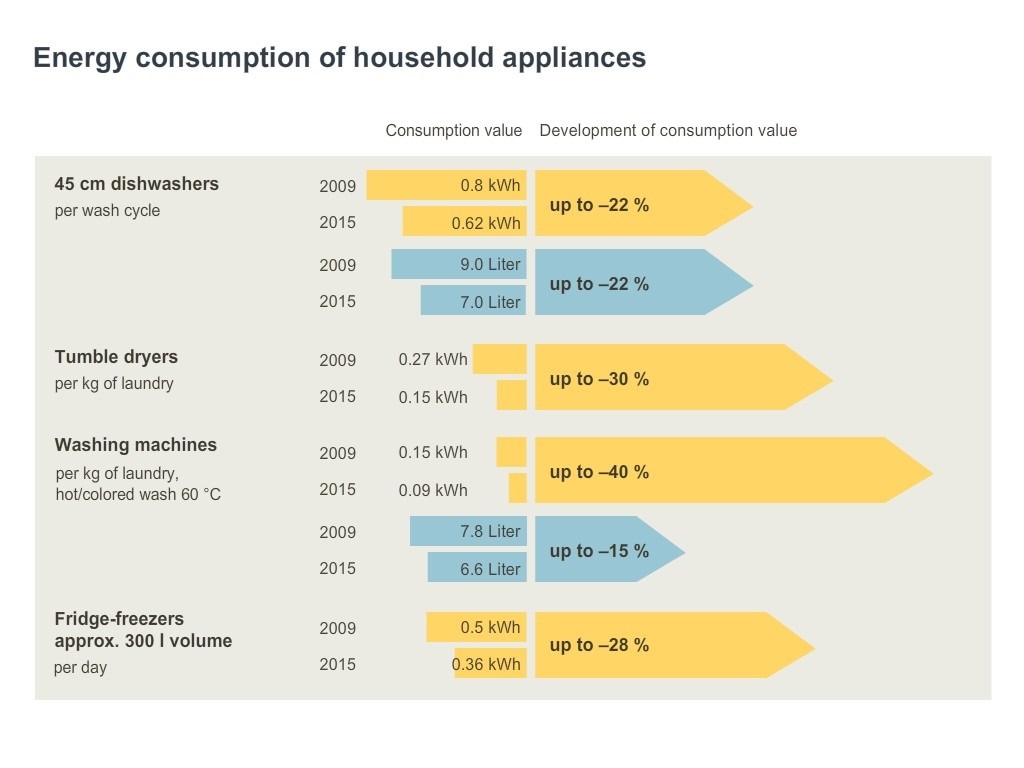
How to Fix a Toilet Flange That is Below Floor Level Like a Pro
January 12, 2025
Fixing a Sticking Pocket Door Due to Misaligned Rollers: The Ultimate Guide for Smooth Operation
January 12, 2025Comparing the Energy Consumption of Different Types of Dishwashers
Dishwashers have become an indispensable part of modern households, offering convenience and water conservation. However, their energy consumption varies significantly depending on the type, size, and technology used. Choosing the right dishwasher not only affects your utility bills but also contributes to environmental sustainability. For detailed comparisons, you can explore Firstgradeappliances, a hub for expert appliance insights.
Table of Contents
ToggleThe Basics of Dishwasher Energy Consumption
Dishwasher energy consumption is influenced by various factors, including the machine’s energy efficiency rating, usage patterns, and the type of cleaning cycles available. Most dishwashers today are designed to meet Energy Star standards, which reduce electricity and water usage by about 12% and 30%, respectively, compared to non-certified models.
Innovations such as soil sensors and half-load settings also impact energy efficiency. Soil sensors adjust water and cycle time based on the load’s dirtiness, saving energy during lighter loads. Machines with quick-wash settings consume less energy for smaller cleaning tasks but may not be ideal for heavily soiled dishes.
When evaluating dishwashers, it’s critical to consider not just their upfront cost but also the lifetime operating costs. According to the U.S. Department of Energy, energy-efficient models can save households about $25 annually on utility bills, which adds up over the appliance’s lifespan.
Built-in Dishwashers vs. Portable Dishwashers
Built-in dishwashers are permanent fixtures in most kitchens, designed for households with ample space and frequent dishwashing needs. These machines are often equipped with advanced energy-saving features like heated dry alternatives, delay start, and efficient insulation. Their larger capacity makes them suitable for families, but they may consume more energy when run less frequently with partial loads.
In contrast, portable dishwashers are compact and ideal for smaller spaces or rented homes. These machines use less energy on average due to their smaller size and simpler operation. However, they may lack the advanced energy-saving technology found in built-in models, which could lead to higher long-term energy usage for regular dishwashing.
Energy Consumption in Countertop Dishwashers
Countertop dishwashers are an excellent choice for single-person households or those with minimal dishwashing needs. They consume significantly less water and electricity—typically around 2 gallons per cycle compared to 4-6 gallons used by standard models. Despite their energy-saving appeal, their limited capacity can mean frequent usage, potentially negating their efficiency advantages.
Another limitation is the absence of advanced features like soil sensors or eco-wash settings. If your electrical system struggles with appliance usage, it’s worth noting that a high resistance problem can be detected by checking voltage drops during operation, which could affect the overall energy efficiency of these compact models.
Smart Dishwashers: Energy Efficiency Meets Convenience
Smart dishwashers have revolutionized energy-saving capabilities with intelligent features like remote scheduling, load sensors, and water optimization. These appliances use real-time data to adjust their operations, ensuring minimal water and electricity usage without compromising cleanliness. For example, models with Wi-Fi connectivity allow users to operate them during off-peak hours, further lowering utility costs.
While their initial purchase price may be higher, the potential savings over time, combined with the convenience of app-based controls, make smart dishwashers a compelling choice for tech-savvy, eco-conscious consumers.
Read More Also: How to Fix a Toilet Flange That is Below Floor Level Like a Pro
Choosing the Right Dishwasher for Maximum Energy Savings
When comparing dishwashers, consider their energy factor (EF), which measures efficiency by dividing cycles per kilowatt-hour. Models with higher EF ratings indicate superior performance. Additionally, choosing Energy Star-certified appliances ensures adherence to strict energy-saving standards.
Moreover, using eco-wash settings, avoiding pre-rinsing dishes, and running full loads are practical ways to reduce energy consumption, regardless of the dishwasher type.
FAQs
What is the most energy-efficient type of dishwasher?
Smart dishwashers equipped with energy optimization features and soil sensors are among the most efficient. Countertop models can also save energy for smaller households.
How much can I save by using an Energy Star-certified dishwasher?
These appliances save approximately $25 annually on utility costs and reduce water usage by 3,870 gallons over their lifespan.
Do countertop dishwashers clean as effectively as built-in models?
Yes, they clean effectively for small loads but may lack advanced cleaning features for heavily soiled dishes.
How can I make any dishwasher more energy-efficient?
Use eco-wash settings, avoid pre-rinsing, and only run the dishwasher with a full load.
Are portable dishwashers suitable for large families?
Portable dishwashers are better for smaller households due to their limited capacity and basic features.
Do smart dishwashers justify their higher cost?
Smart dishwashers offer long-term savings through optimized energy use and convenience, making them a good investment for regular users.
Conclusion
Selecting the right dishwasher involves balancing energy consumption, convenience, and upfront costs. While built-in and smart dishwashers provide advanced energy-saving features, portable and countertop models suit smaller households. Whichever type you choose, adopting energy-efficient practices can significantly impact your utility bills and environmental footprint.



